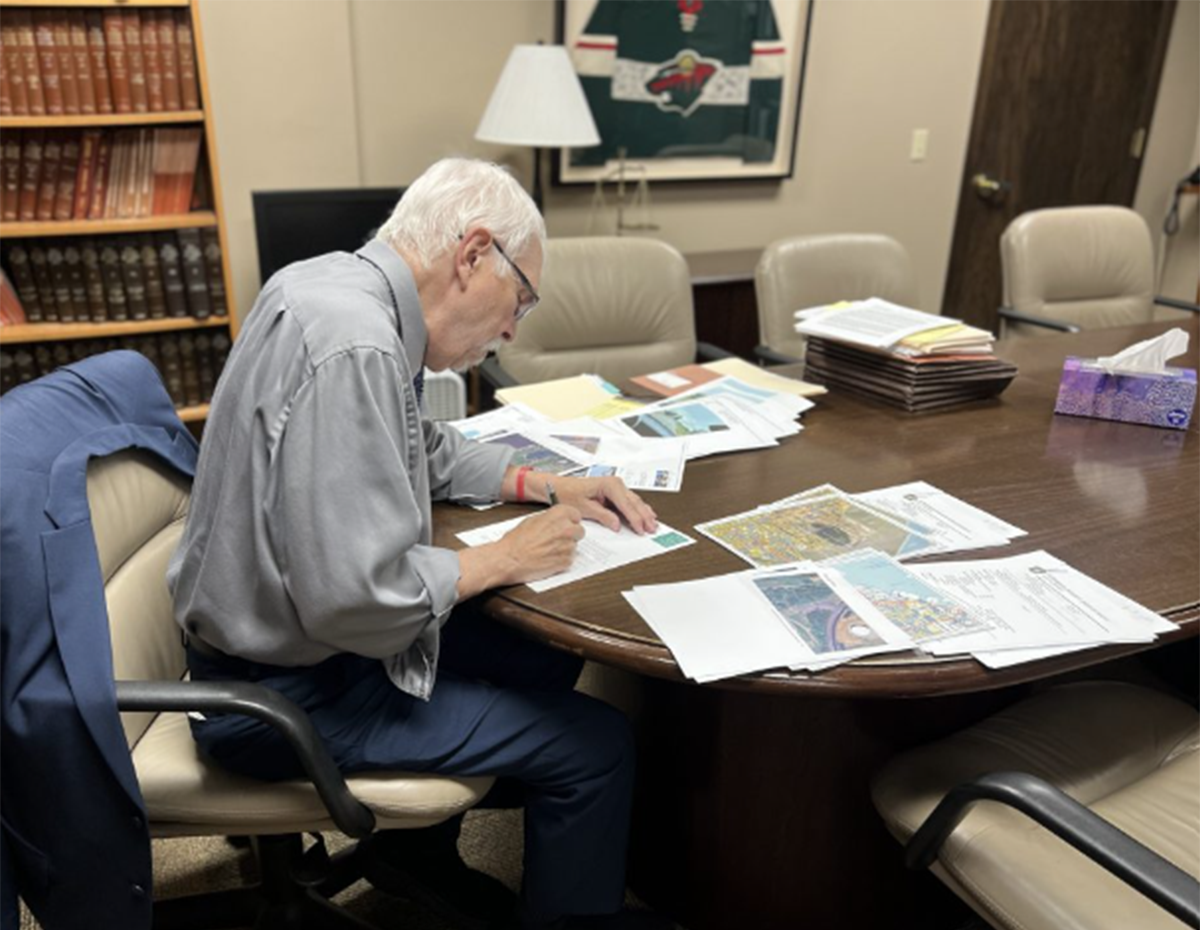Editor’s note: This is the final story in a four-part series on religion at UW-Eau Claire.
Senior Wendy Lyman attended Sunday school as a child, growing up in a Christian home.
She now considers herself an atheist.
Lyman said she stopped attending church when she was 14, because her parents started seeing some parts of their church experiences as “fake.”
| The College Freethought Society Time: 8 p.m. Date: Sundays Place: Willow Room, Davies Center |
“They kind of just stopped taking us,” she said.
After she stopped attending, Lyman began to meet more people who also did not attend church.
“They seemed intellectual and happy and fine,” she said.
By the time she was 18, Lyman started declaring herself an atheist.
Senior Grant Sormunen, on the other hand, worked in the opposite direction.
Sormunen, who is now a Christian, was agnostic until he was 17.
“For most of my life, I didn’t go to church, so I kinda know what that’s like (to not have a religion),” he said.
According to the U.S. Census Bureau’s 2003 Statistical Abstract of the United States, about 29.5 million Americans do not associate themselves with any specific religion.
Lyman said once she made the switch to atheism, she also began to experience feelings of contentment. While she was a practicing Christian, she said she often felt fearful.
Lyman said after becoming an atheist, she stopped fearing typically scary topics, like death.
“People are no different than the rest of the natural world … we’re organic. When we die, we die.”
Two terms that are commonly confused are atheism and agnosticism. Atheism is the disbelief in the existence of a deity. A person who is agnostic is someone not committed to believing in the existence or nonexistence of a deity.
Lyman said some people carry misconceptions about atheism.
“People assume I hate all Christians or something,” she said. “It has nothing to do with that. I can’t bring myself to believe in something that I don’t believe in.”
While Lyman eventually settled on atheism, she also explored other religions after finding that Christianity did not work for her.
“I just haven’t found a faith that I’ve been satisfied with,” she said.
Sormunen, however, concluded there had to be a higher power.
“I believe there is a greater being in the world, other than just the materialistic society we live in,” he said. “There is a creator that can’t necessarily be explained.”
In 2003, Lyman channeled her beliefs on religion into a student organization, The College Freethought Society.
She said the society was formed to give community to students who did not believe in a deity.
A freethinker, Lyman explained, is someone who makes his or her decisions on reason and scientific fact.
Becoming an atheist changed her comfort level with society and her existence.
“I feel so much more in control of my life.”






